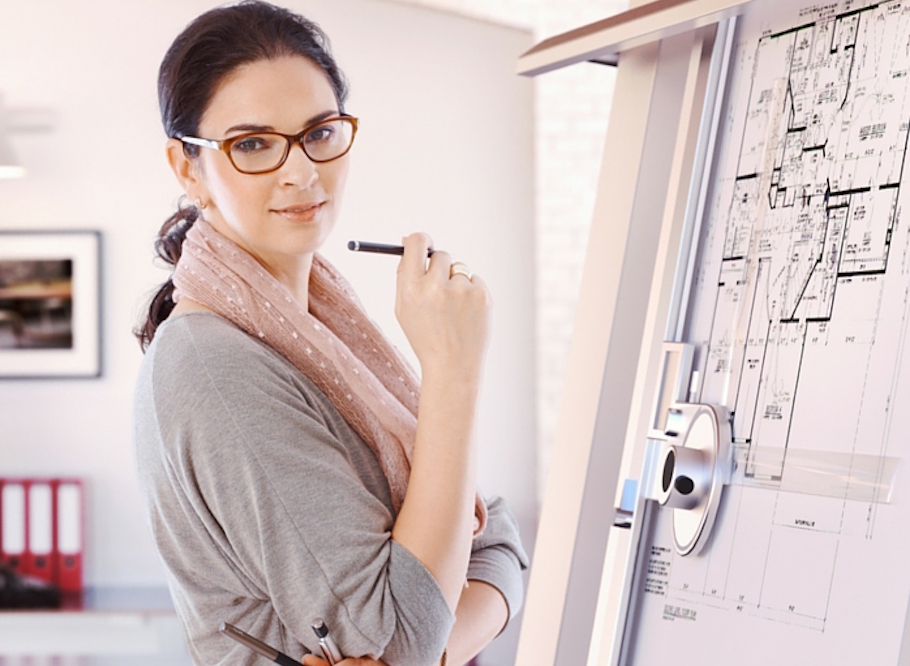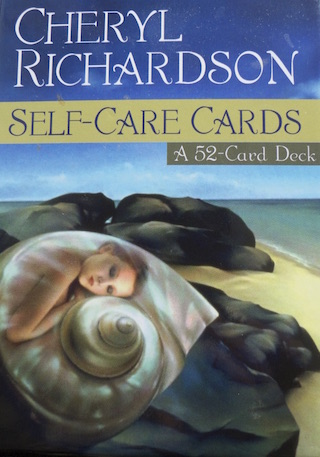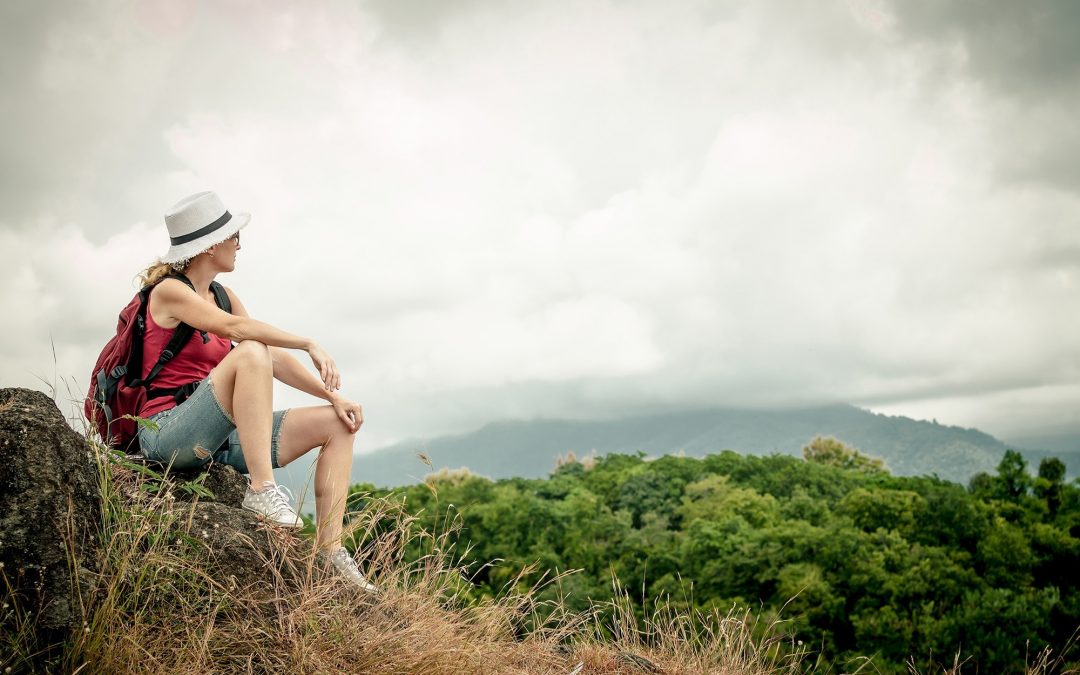
by pam | Aug 9, 2016 | Benefits of being in nature, Creative Living, Self-Care, Stress Management
According to the University of Minnesota’s Center for Spirituality and Healing “Research reveals that environments can increase or reduce our stress, which in turn impacts our bodies. What you are seeing, hearing, experiencing at any moment is changing not only your mood, but how your nervous, endocrine, and immune systems are working.”
Have you ever noticed that when you’re in nature your cares and worries melt away? You feel in the present moment. When I’m in nature I feel lighter and reconnect with childlike wonder at the beauty that surrounds me. Stress melts away and I feel light, carefree, and playful. When I’m in, on or by water I feel energized.
Nature has a number of therapeutic benefits. Did you know that:
- Children who grow up in big cities with little or no interaction with nature often suffer from “Nature-Deficit Disorder” which is characterized by anxiety, depression and attention-deficit problems. Research by Richard Louv and others show that regular connection with nature results in “everything from a positive effect on the attention span to stress reduction to creativity, cognitive development, and (a) sense of wonder and connection to the earth”.[1]
- The Japanese have done longitudinal research on the benefits of walking in forests. They have found that walking in forests strengthens your immune system, reduces your heart rate and reduces your blood pressure. Based on these findings, they have institutionalized what they call “forest bathing” or “forest therapy” and have created a number of centers across Japan where people can go and walk in forests.
- Spending regular time in nature can boost mental acuity, promote health and wellness, “build smarter and more sustainable businesses, communities, and economies; and ultimately strengthen human bonds.” [2]
So how can you spend more time in nature?
- Start walking or cycling to work if that is a possibility
- Go for walks at lunch in park-like environments
- Take short breaks when you’re feeling stressed at work and walk in nearby gardens or parks
- Plan family outings or time with friends hiking, kayaking, camping, walking …
- Have picnics with friends or family. You can be spontaneous and email or call some friends and say “we’re having a picnic on the beach tonight. It’s potluck. We’d love to have you join us. Bring what you would like to share.”
And notice how you feel before, during and after spending time in nature.
I’d love to hear from you strategies you use to spend more time in nature, and the effects you experience when you do so. I welcome your comments below. Feel free to share with others who you think may benefit.
[1] http://richardlouv.com/
[2] The Nature Principle – http://richardlouv.com/books/nature-principle/

by pam | May 2, 2016 | Conscious Living, High Achieving Women, Leadership, Proven strategies, Women in Business, Work/Life Balance
In a previous post I shared the attributes of a Balanced and Mindful Leader, one being “Understands the importance of work/life balance and models it for others http://creativelivingcommunity.com/balanced-and-mindful-leadership-what-do-you-think/. So how can you integrate work-life balance into your own life and model it for others in the workplace?
Here are some suggestions:
Personally:
- Count up the number of hours you typically work in a week. Is it more than 50? (Obviously sometimes)
- Make a commitment to reduce the number of hours you typically work weekly (choose a realistic number to begin with)
- Experiment with a work week when you reduce your hours. Then notice how you feel. You may wish to journal about it.
- Begin incorporating mindfulness practices into your personal life; e.g.
- on awakening while lying in bed do a body scan from the top of your head to the bottom of your feet noticing any tension, discomfort, heaviness. Breathe into those areas of tension, discomfort or heaviness and set the intention to release and let go of them.
- Start doing mindfulness walking meditations 3 times/week for 30 minutes each time. [1] Some of my clients do this at lunch hour. Others after work. Notice how you feel before, during and after. Is there a cumulative effect?
- Unplug at least 90 minutes before retiring and encourage your colleagues to do the same.
Organizationally:
- At work, encourage people to take breaks
- Set clear expectations with your direct reports and colleagues related to NOT checking emails and answering texts on evenings and weekends. Share with them the importance of them taking time for themselves and their families
- Have short meetings (up to 60 minutes max) with clearly defined agendas, and expectations so people know why they’re there, how to prepare and the expected results.
- Encourage people to take lunch breaks
- Support people to take regular vacations and to NOT check their emails while on vacation (set up a buddy system so staff and managers can feel that the key aspects of their positions are being covered while they are away)
- Have yoga classes and/or a gym on site and participate in the classes/use the facilities yourself.
What two actions will you begin integrating into your life tomorrow? Please share those actions and any related comments below. Feel free to share this post with a friend, colleague or family member.
[1] A tool from Easter psychology that I have found extremely useful for getting “out of my head” and into my body is Mindfulness Walking Meditation. Mindfulness practices focus on the senses and feeling sensations and emotions in our bodies. When we do a mindfulness walking meditation we feel the ground beneath our feet, we feel the breeze against our face, we feel the cool air going from our nostrils down into our lungs. We smell the scent of salt or the aroma of lavender in the air and observe the scenery in front of us. We try to stay out of our minds and experience our senses. Rather than spend a walk in nature constantly thinking and processing all the things we have to do, instead we stay present and experience nature and all of its beautiful sights, smells, sounds and sensations.

by pam | Feb 16, 2016 | Conscious Living, Creative Living, High Achieving Women, Self-Care, Stress Management, Work/Life Balance
February is known as the month of love. During this time, many of us think of our primary relationships, of romance and of Valentine’s Day. What I know to be true is that we need to truly love ourselves before we can cultivate deep and satisfying relationships with others.
Many of us have been socialized from a young age to always give to others before ourselves. We may feel guilty if we take time for ourselves; such as having lunch with a friend, or to nurture ourselves; such as having a massage.
What happens if we constantly give to others without giving to ourselves? We may become resentful. For example, if we’re always giving to a friend, and when we ask for help, she doesn’t have time for us. We often become less tolerant and our patience wears thin so we react to our partners, children and co-workers in a reactive manner, rather than mindfully and sensitively. Over time we become exhausted. Do you relate? We all need and deserve some time for ourselves and to care for ourselves.
What activities do you regularly integrate into your life to nurture yourself?
For me doing yoga three to four times a week is extremely important. Meditating daily is also a way for me to ground and relax. Bubble baths with lavender bath salts is a self-care strategy of choice. For you, regular massages with a trusted practitioner may be your top nurturing behavior.
Make a list of the things you do already to nurture yourself. Add to the list other things you would like to begin doing. Cheryl Richardson’s best-selling book The Art of Extreme Self Care is a great resource that offers 12 strategies to transform your life one month at a time. Get into action by putting your self-care strategies in your calendar (e.g. yoga classes), and by scheduling appointments with your favorite massage therapist, or lunch with a dear friend.
Remember, YOU are precious and deserve to be nurtured.
What self-care strategies do you employ to nurture yourself? How do you feel during and after doing something for yourself? I welcome your comments and strategies below. Feel free to share this post with a friend.

by pam | Oct 29, 2015 | Benefits of being in nature, Conscious Living, Creative Living, High Achieving Women, Inner Peace, Powerful practices, Stress Management, Work/Life Balance

I recently returned from a 3-day retreat where there was no cell service and no internet. What an unusual and blissful experience!
When my friend who I was driving with said there was no cell service at the retreat location, I initially felt some relief and then quickly thought of whom I should text to alert them.
When we arrived at the “spot”, a rustic building by the ocean, I started to relax and drink in the beauty of our surroundings. When I checked into my room, which was small, yet comfortable, I was intrigued by the monkey tree outside my window and felt blessed to have a room with a view of the ocean. For me, being by, in or on the water is where I feel most at home. At a Vision Quest a number of years ago, an aboriginal elder dreamt in my medicine name, which is “Laughing Otter Heart”. Initially I thought, that’s not as reverent as my friend’s name “Soaring Dawn Eagle”, yet it so connects me to the essence of who I am; to water, being in nature and my playful side. Now I smile when I think of it.
Within a short time of being at the retreat center, I felt all my cares melt away; my shoulders lightened, my mind quieted and I connected to my “being” side, (as I am often “doing”). I so enjoyed the three days of interacting with the other amazing women, facilitating my portion of the workshop and basking in the joy of being “unplugged” and in nature.
Did you know that the Japanese have done longitudinal research on the benefits of walking in forests? They have found that walking in forests strengthens your immune system, reduces your heart rate and your blood pressure. Based on these findings, they have institutionalized what they call “forest bathing” or “forest therapy” and have created a number of centers across Japan where people can go and walk in forests. How powerful is that!
With such busy lives and the associated stresses, regularly spending time in nature, and unplugging from technology are simple yet powerful practices that have amazingly positive benefits on our bodies, our minds and our relationships.
When was the last time you unplugged and spent time in nature? I welcome your thoughts and experiences below and invite you to share the post with others.




